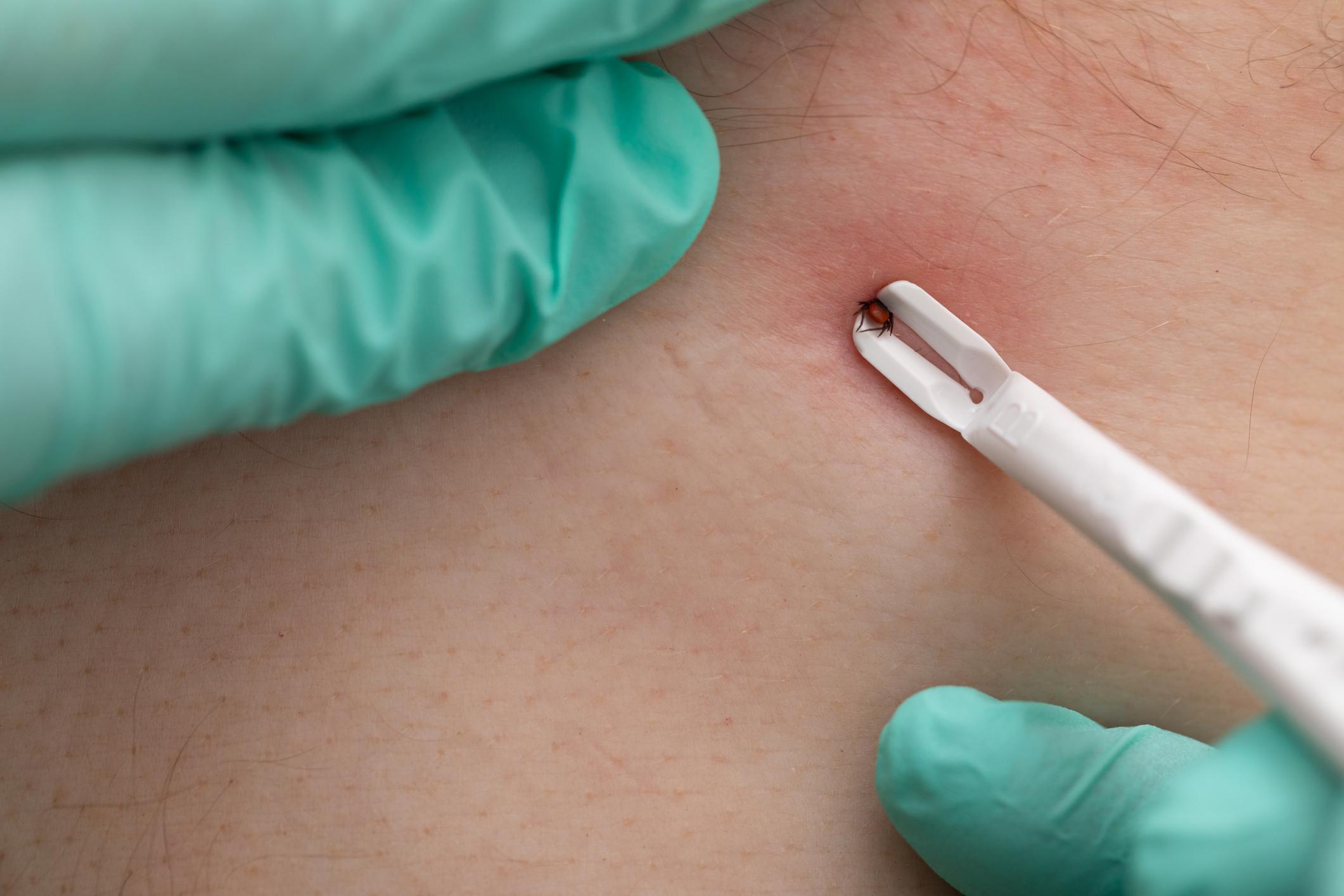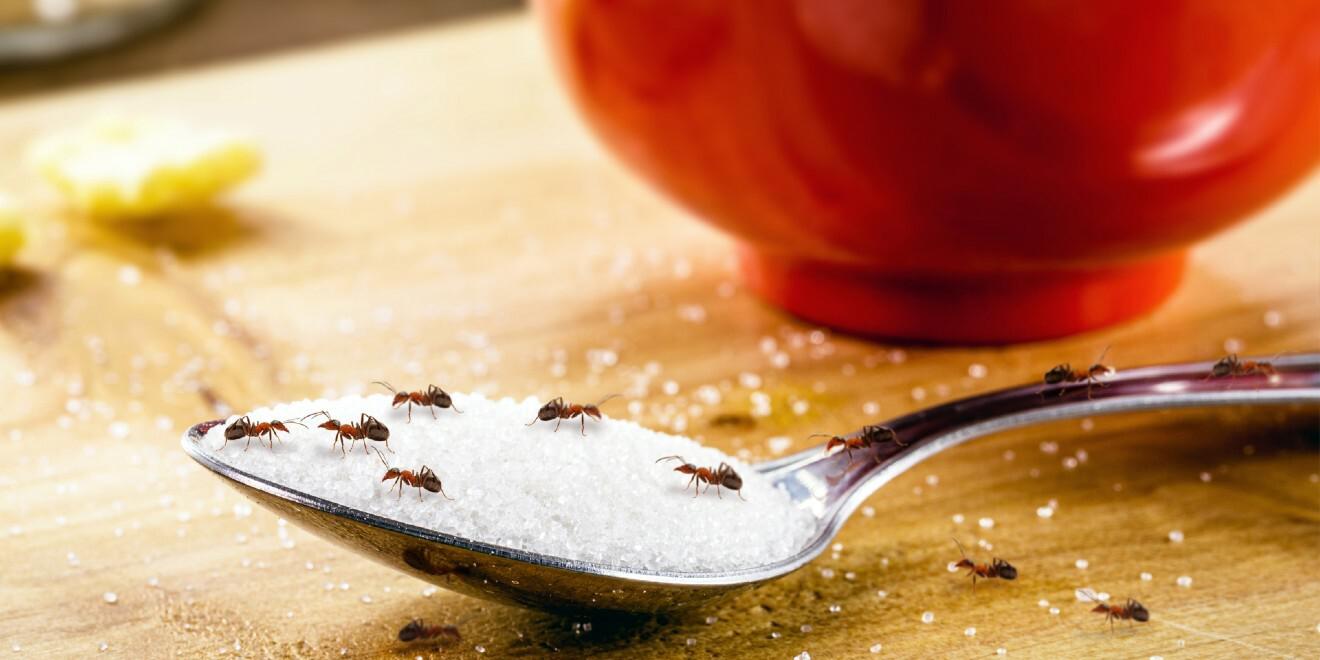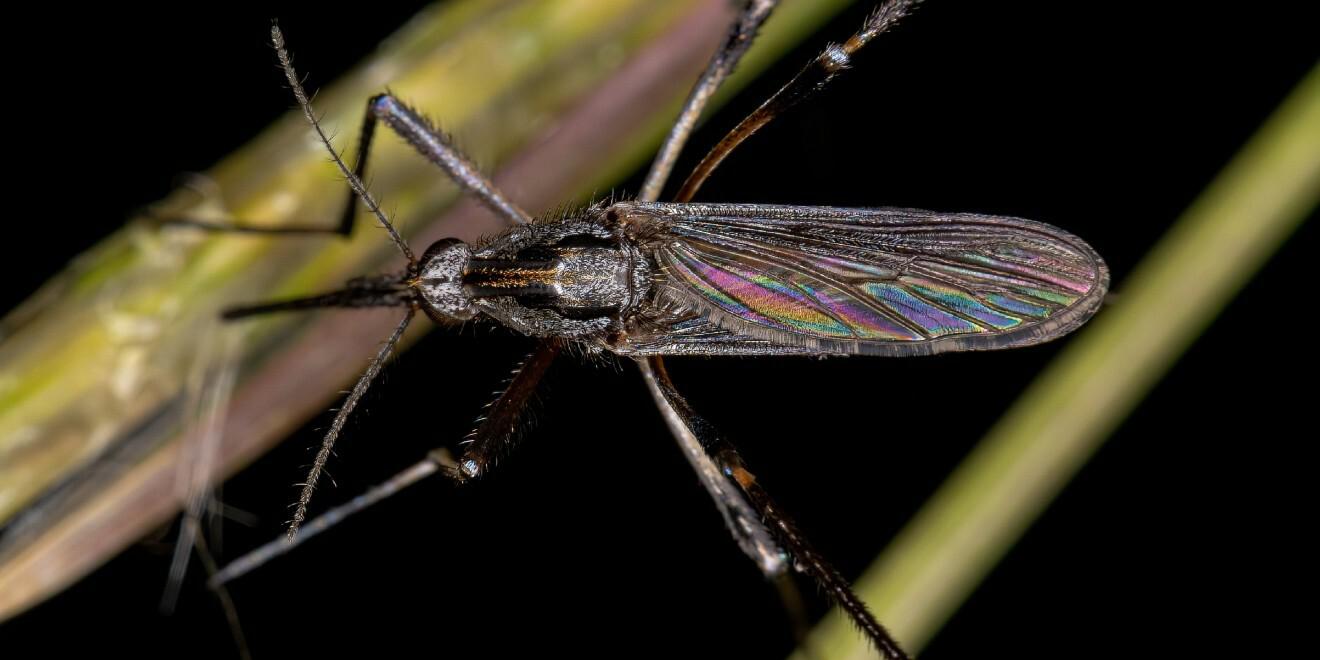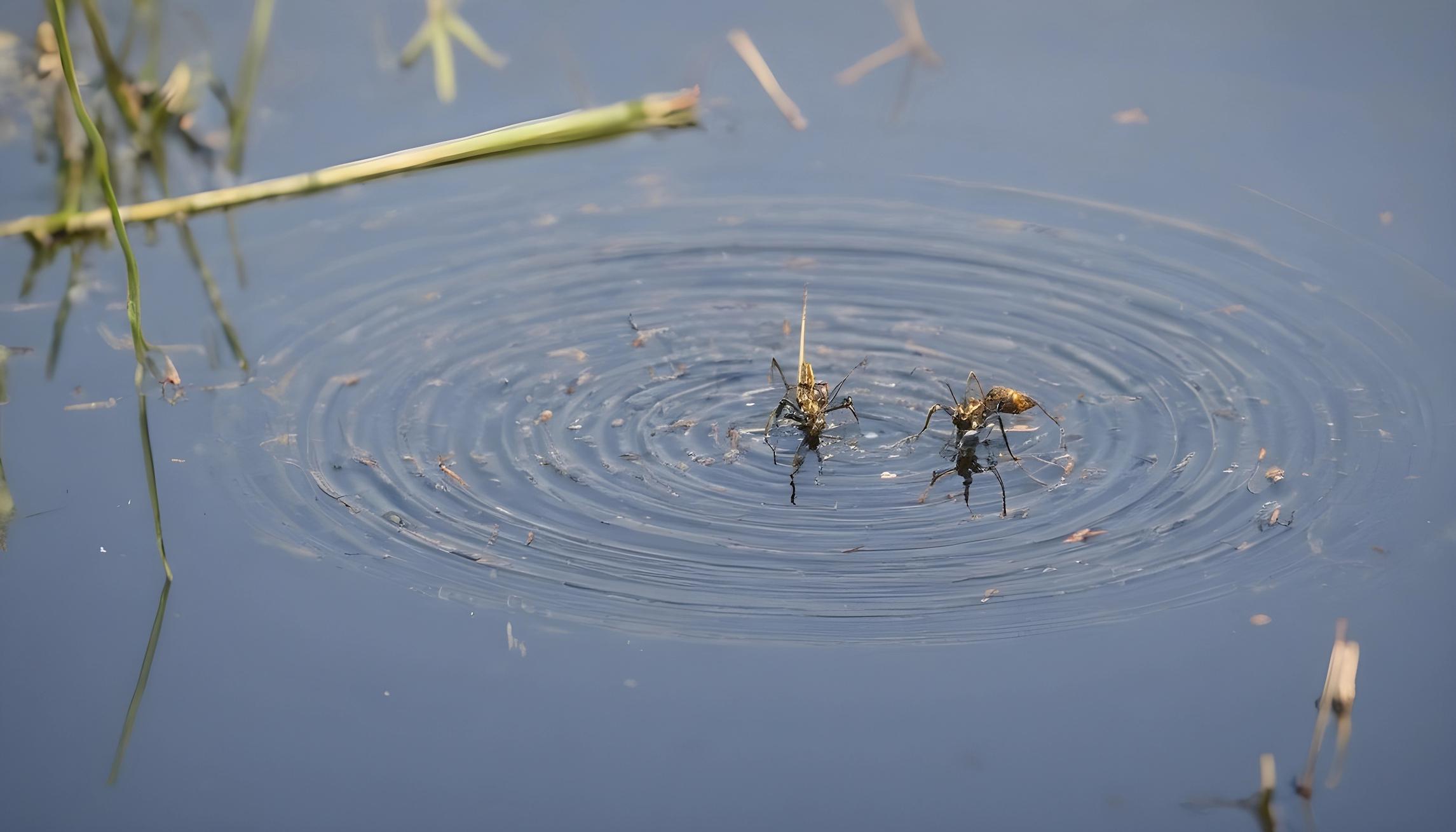Research Finds Why Mosquitoes Have Become Attracted to Human Smell
Posted by Mosquito Squad
December 15, 2014
Believe it or not, mosquitoes might be more intelligent than you think. A recent study shows how mosquitoes have developed an attraction to human scent, which as Professor Leslie B. Vosshall head Rockefeller’s Laboratory of Neurogenetics and Behavior explains, is a “really good evolutionary move.”
“We provide the ideal lifestyle for mosquitoes. We always have water around for them to breed in, we are hairless, and we live in large groups”, Vosshall explains. Thousands of years ago it is understood that the parasites fed on animals that lived in a forest like environments, but then the mosquitoes began feeding on humans spreading diseases such as yellow fever, dengue, and malaria from one to another.
Vishal's Research Finds
Vishal's research finds why mosquitoes have become attracted to the human smell and were published in the November 13 issue of Nature. Intrigued and wanting to understand the evolution of the mosquito in more detail, Vosshal and her team began observing a region in Kenya where back in the 1960s it was discovered that mosquitoes survived in two distinct populations. One black subspecies known as Aedes aegypti formosus laid their eggs outdoors and generally feed on the blood of forest animals. The other, Aedes aegypti aegypti that were found only a few hundred meters apart was light brown in appearance and tended to breed indoors in water jugs and mainly feed on human blood.
After collecting the larvae from the two species in their natural environments, Carolyn McBride, a postdoc in Vosshall’s laboratory, reared the mosquitoes and confirmed the original findings discovered back in the 1960s. The insects that were collected from indoor water sources were light brown in appearance and chose to suck human blood rather than the alternative, blood from a guinea pig. The forest mosquitoes were black in appearance and preferred to feed on the guinea pigs.
To investigate further, the researchers cross-bred the black and light brown mosquitoes to look for specific genes that could be the link to why some species preferred humans. Vosshall and her team discover 14 odor receptor genes that can pick up different scents strongly liked to like the smell of humans. There was one particular gene, Or4 which stood out from the rest as it was “highly expressed in human-preferring mosquitoes” according to Vosshall.
To discover the aroma that the Or4 receptor gene was attracted to, volunteers were asked to wear pantyhose for 24hours that were then placed in an intelligent machine designed to dissolve the scent into individual chemicals that make up the body odor. There are hundreds of chemicals involved, but it was a chemical called sulcatone that was not found in the pantyhose worn by the guinea pigs in the experiment.
So What Does it All Man?
Sulcatone is an odor that is integral to how we as humans smell and is responsible for giving us our distinctive scent. Although this “provides the first real genetic insight into what happened thousands of years ago when some mosquitoes made this switch” from feeding off animals to humans, there are other genes that may be in play. Adding sulcatone to the guinea pig odor didn’t make them any more appealing to those that preferred human blood, so it is believed there are also other behavioural factors that may have caused the mosquitoes to adapt their lifestyle to live around humans. No doubt there will be further papers from Professor Vosshall further findings as to why mosquitoes have become attracted to the human smell.















